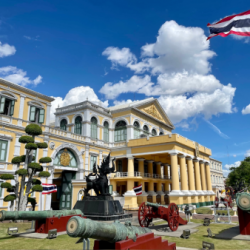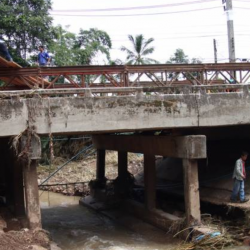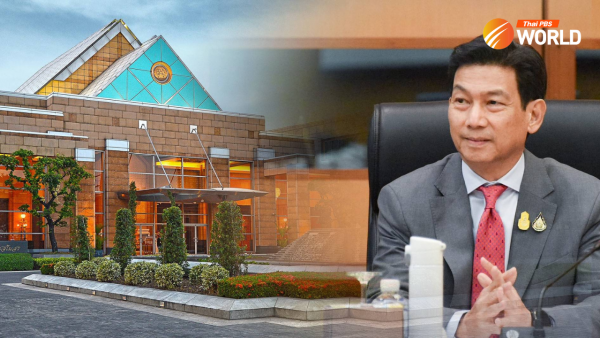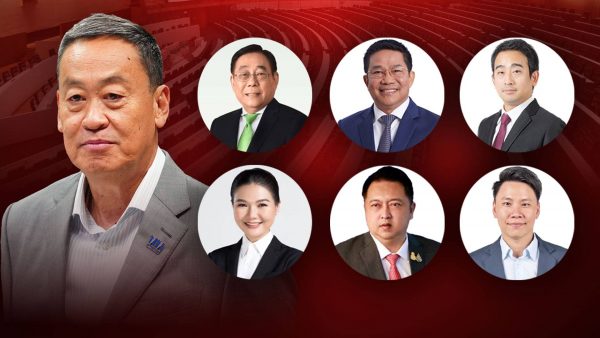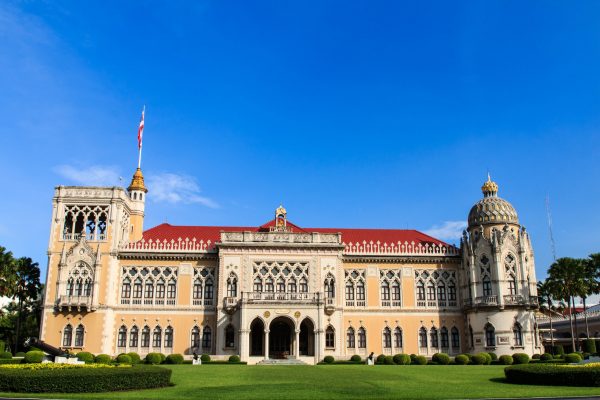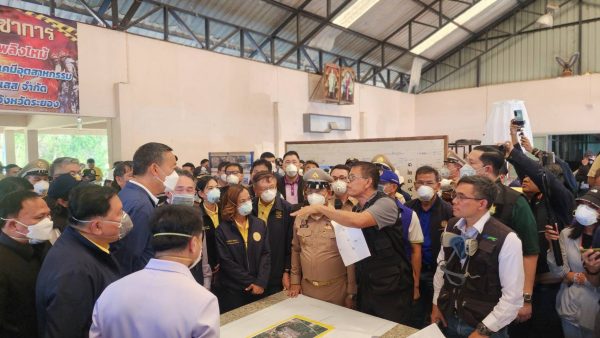New Thai PM delivers his policy statement in parliament
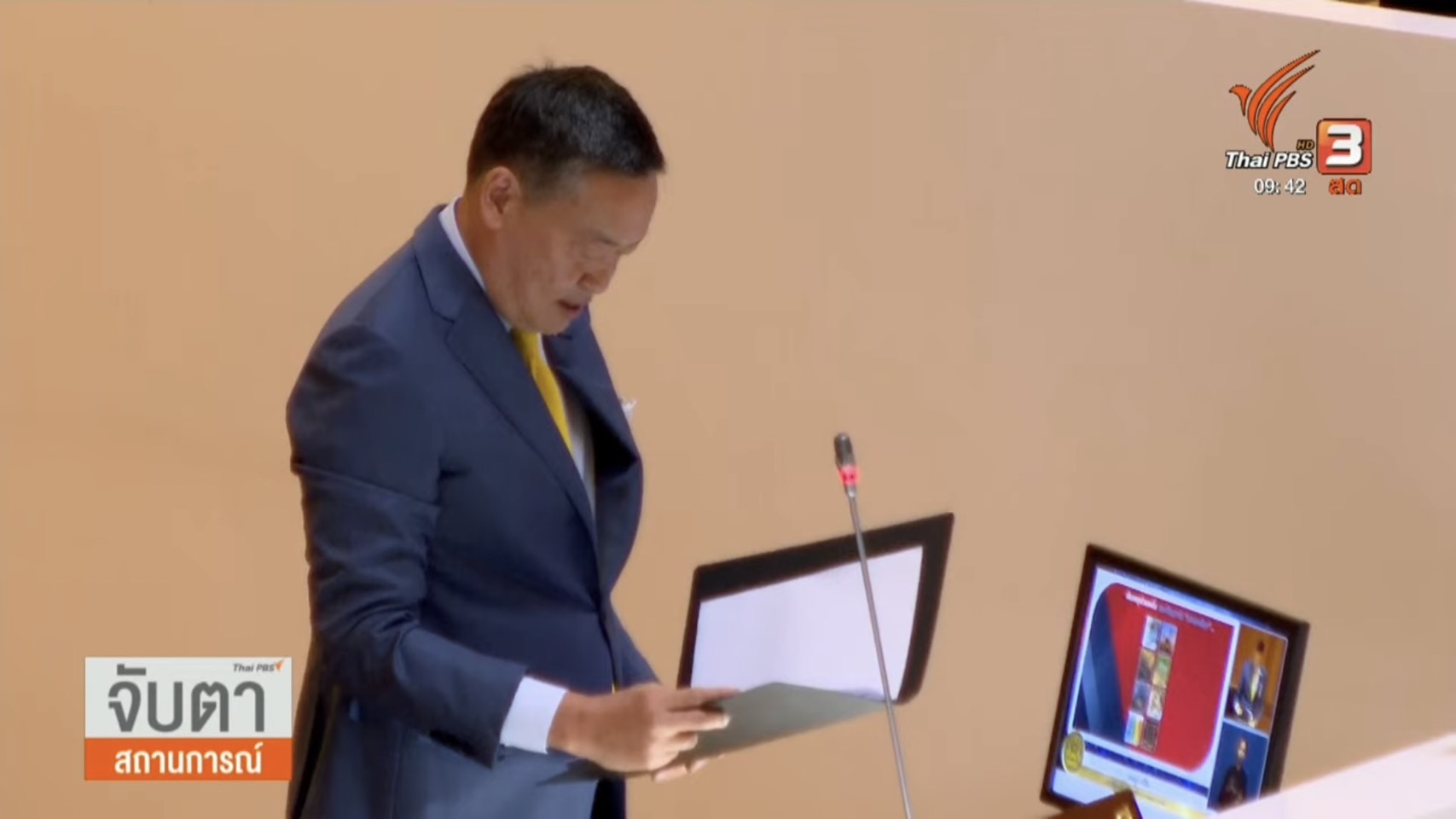
In his policy statement, delivered in parliament this morning (Monday), Prime Minister Srettha Thavisin detailed the main political, social and economic challenges facing Thailand, on top of the COVID-19 pandemic which wrought havoc on the country in the past three years.
The Thai economy has not fully recovered since the pandemic, while social and political problems, which are deeply entrenched, are yet to be resolved efficiently and systematically, he said.
He noted that 30.9% of the country’s GDP remains concentrated in the industrial sector and within limited clusters of products, while exports have contracted for three consecutive quarters and continue to do so.
The advent of new technologies in production pose a major challenge to Thailand’s competitiveness and are key indicators for the new government in charting the national development plan and investing in key infrastructure projects, said the prime minister. He also said that the Thai economy is being affected by changes in geo-politics like never before.
In the wake of increasing rivalry between the world’s superpowers, he said Thailand has to adjust its role and position in the global arena to protect its own interests.
He then cited household debt, at 90% of GDP, and the high level of public debt, at over 63% of GDP, saying that both problems may impose restrictions on fiscal management in the future, at a time when the growth rate is lower than anticipated. More than 34 million people who earn less than the average income are waiting for government help, he said.
More than 30 million Thais are in the agricultural sector, but their overall revenue accounts for just 7% of GDP.
The prime minister also pointed to the threat of emerging infectious diseases, due to climate change and extreme weather such as El Niño, which are threatening to wreak havoc on farmers, forcing his government to take steps to mitigate the negative effects on the economy and the livelihoods of the people.
On social issues, he said that Thailand is becoming an aging society, with the number of elderly people accounting for 20% of the population, which will affect the economic capacity of the country.
The prime minister also said that the country is facing educational challenges, in that it is unable to produce qualified personnel to meet with the demands of the labour market.
He then listed the short, mid and long-term policies to deal with all the pressing problems facing the country.

